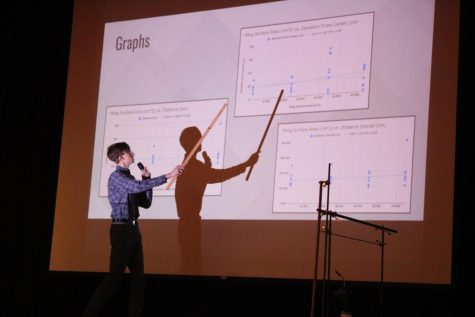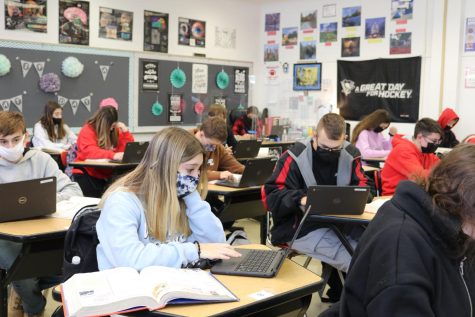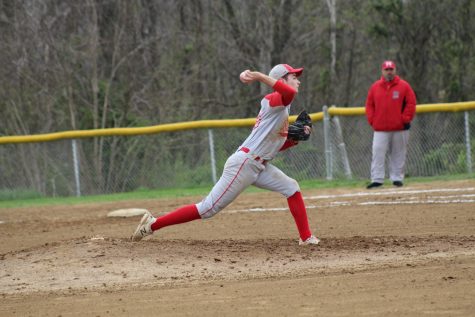Schools of tax
Bill proposal for property tax eliminations can cause issues for public schools
Pennsylvania State Sen. David Argall, from Schuylkill County, has recently proposed a bill for property tax elimination that is receiving a lot of backlash from schools across the state.
This bill is causing schools across the state nightmares as the elimination of property tax will cause some schools to plummet. Public schools rely heavily on property taxes to pay bills. In many cases, property taxes make up a school budget.
With the recent election of new state senators, the bill, which was previously brought up in 2015, is said to have easier passage and a higher percentage rate of being passed.
Certain schools may no longer be able to function due to this bill. Parkland School District in Allentown, Pa. relies 71 percent on property taxes to pay bills. Losing these funds will result in a smaller budget and can affect the future of the school.
The bill, thought about in 2015, considered replacing property taxes with a sum of money created by increasing the state personal income tax from 3.07 to 4.95 percent and increasing sales tax from six to seven percent. This bill also wanted a sales tax to be applied to more items than just the “non-essentials.”
The new bill has issues that are leaving many people with questions. This bill wouldn’t eliminate the property tax in every school district. The sales tax and income tax that all taxpayers have to pay would actually send more money to schools that already have a lot of money.
Many school districts that already have a lot of debt, whether that came from school improvements or building a whole new school, would still remain. This property tax would remain until all of the debt would be paid off. So, a property tax elimination bill only applies to schools without debt. Freedom would still retain 19.2 percent of property taxes until the new elementary school is paid off.
“The biggest concern with the elimination of property taxes is it greatly affects the future of the school,” Principal William Deal said.
Bills similar to this have been created in the past, but never became a law. An example of such a bill would be the Optional Property Tax bill (OPTEA). Unlike before, Argall believes he has two new senators able to help the bill get passed to the House of Representatives.
“If property taxes get eliminated, we won’t have a general idea of our budget nor do we know what the state will say,” Deal said. “We don’t know how the state will distribute funds to the school, which greatly affects our future.”
A school’s budget is given by the state government and many factors play into the budget. The budget is a mixture of local and state (roughly 45 percent) and federal (roughly 10 percent) help. One of the local taxes that benefits school budgets is the property tax. Some of the money each district member pays on their property tax goes to that school. For example, members within FASD pay a property tax and a percentage of that goes to the school budget.
Currently, 32.9 percent of Freedom’s school budget comes from property tax. This is equivalent to $7,294,899 which could be gone if this bill gets passed.
“We have decided to be proactive. We will make a plan and discuss it further if the bill continues to get support.” Superintendent Jeffrey Fuller said.
The school board plans to be proactive and face the problem head on. They do not want to get stuck and have a major decrease in the budget if they this bill gets passed.
Rejoicing may or may not be in order when the words tax and elimination are in the same sentence; however, this bill will cause other taxes to rise. This bill will take on some characteristics from the one turned down in 2015, which includes the rising of the local income tax and sales tax. In reality, no one would be saving money as the tax just gets transferred or shifted to already existing taxes.








![Freshman Jordan Delon [left] and sophomore Jaden Winterhalter [right] round the final stretch as they run the 800 meter.](https://www.fhs-press.com/wp-content/uploads/2022/05/Sports-Track-Field-Pawlowski-475x317.jpg)



